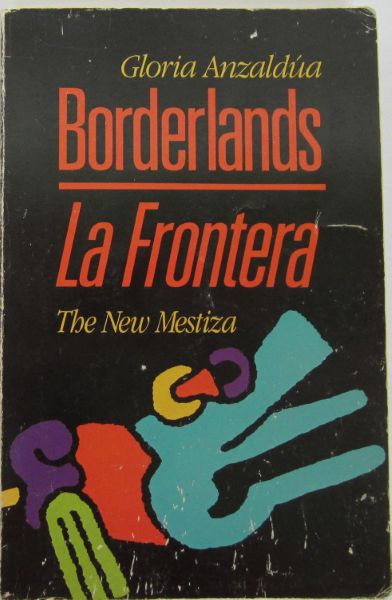Identity Politics
6 related content items found
📚 Books 1
📄 Papers 5
Intersectional Feminist Theory as a Non-Ideal Theory: Asian American Women Navigating Identity and Power
This philosophical examination argues that intersectional feminism functions as a strong version of non-ideal theory, focusing on the multiply oppressed to understand how intersecting structures of oppression work and generate strategies for dismantling them. Through analyzing Asian American women's experiences navigating identity and power, the paper reveals three characteristic types of identity-power relationships: manifestation of oppression through identity construction, reproduction of oppression, and creation of resistance and solidarity through identity reconstruction.
Beyond Identity: Feminism, Identity and Identity Politics
This influential 2000 article critiques both Judith Butler's theory of the subject and the practice of identity politics in feminism. Hekman proposes a middle ground between modern and postmodern conceptions of the subject while arguing for removing identity from the political realm entirely. The paper challenges fundamental assumptions about how feminism organizes politically around identity categories.
Aspiring to a politics of alliance: Response to Sylvia Walby's 'Beyond the politics of location: The power of argument in a global era'
This response essay explores tensions between universalism and politics of location in feminist theory, responding to Walby's claims about making universal arguments across local differences. Phoenix, from an intersectional perspective, advocates for alliance politics built on acknowledging difference rather than abstract universalism.
Writing trash: Truth and the sexual outlaw's reinvention of lesbian identity
This essay analyzes Dorothy Allison's short story collection 'Trash' to explore how 'sexual outlaws' use truth discourse to establish legitimate subject positions within lesbian feminism. Kennedy examines how sexually radical lesbians challenge cultural feminism's normative definitions of lesbian identity and the complex intersections of class, sexuality, and truth.
Mapping the Margins: Intersectionality, Identity Politics, and Violence Against Women of Color
This groundbreaking 1991 article systematically articulates intersectionality theory, analyzing how race, gender, and other identity dimensions interact to shape the unique experiences of violence faced by women of color. Crenshaw critiques how anti-discrimination law and feminist movements fail to adequately address multiply-marginalized groups, calling for more inclusive frameworks of social justice.
Related Topics
Discover More Content
Explore more feminist-related topics and content
